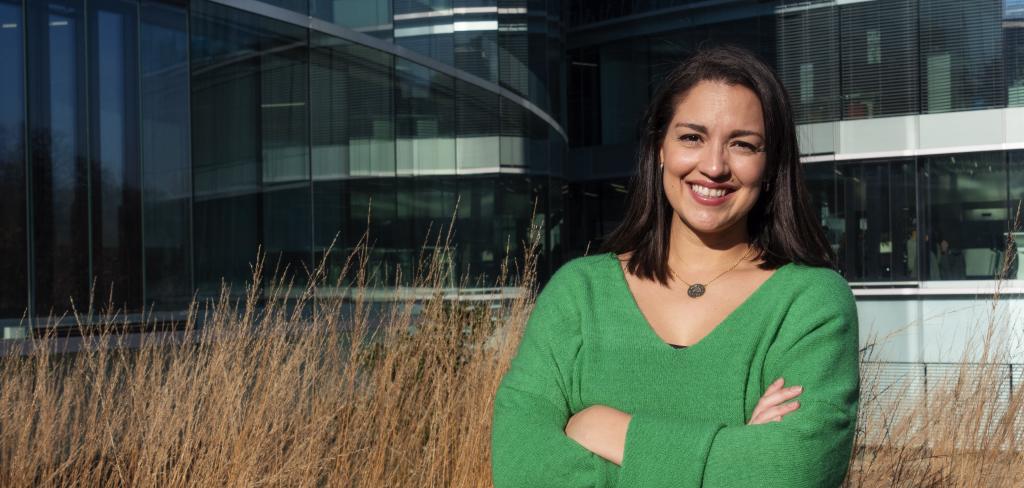I was born during the Salvadoran Civil War and recall very clearly the day the Peace Agreements were signed in 1992. I was nine years old and it felt as if time had stopped and the whole country paused to follow the event on their televisions or radios. I remember my family’s smiles and people swarming the streets to celebrate. That moment brought such optimism to the Salvadoran people. That life experience gave me a desire to learn more about conflicts and how to solve them, driving me to seek out a career in international affairs.
I was able to participate in a rare and very competitive selection process for the Ministry of Foreign Affairs in El Salvador. My first position abroad was at the embassy in South Korea. I was one of the youngest diplomats there and sometimes felt discrimination from other diplomats, not only because of my age but because I am a woman. It was not an easy beginning. After four years in Asia, I was transferred to the Permanent Mission of El Salvador to the United Nations (UN) in New York, where I was in charge of a broad portfolio covering a wide range of human rights issues.
I first came across the Graduate Institute while researching for a paper during my bachelor’s degree at the University of El Salvador. It became my dream to one day study here. So, when the Institute offered its first online module, I applied with no hesitation. After nine years of working as a diplomat, I was going to pursue a master’s degree.
Then, with the support of my now husband and the Pierre Keller Scholarship, I was able to enrol in the Dual Master Programme the Institute offers with the Harvard Kennedy School. I was humbled and honoured to be the first Salvadoran to obtain this dual master.
My husband and I found out I was pregnant at the beginning of the Harvard programme. I was scared because I thought being pregnant would keep me from finishing my degree. But I received tremendous support, not only from family but from my peers, and the Graduate Institute gave me an extension to submit my dissertation.
Most MIA students in my cohort were single and younger than me. In general, it is not common to see a student who is also a parent. When I began working on my dissertation, my daughter, Camila was only six months old. I worked at the Institute’s library, but I also conducted many research interviews from home, thanks to the help of my family. But there were times that I had to interrupt the interviews because Camila was crying and I sometimes completed them with her on my lap while taking notes. I submitted my dissertation – a study on gender parity in the Salvadoran Foreign Service – in November 2018.
From experience, being a parent should not prevent anyone from accomplishing their academic goals; however, you have to strike a delicate balance between parenthood and other responsibilities, which requires strong motivation and perseverance. In my case, my mom is my biggest source of motivation. She passed away, but her memory keeps me moving forward, especially in difficult times.
In terms of work life, I was fortunate to have had this academic experience and I hope to contribute to improving the lives of all Salvadorans by representing their interests abroad. I am also considering a career transition into an international organisation, particularly in the area of human rights.
I am also looking forward to the Institute’s graduation ceremony in September!


